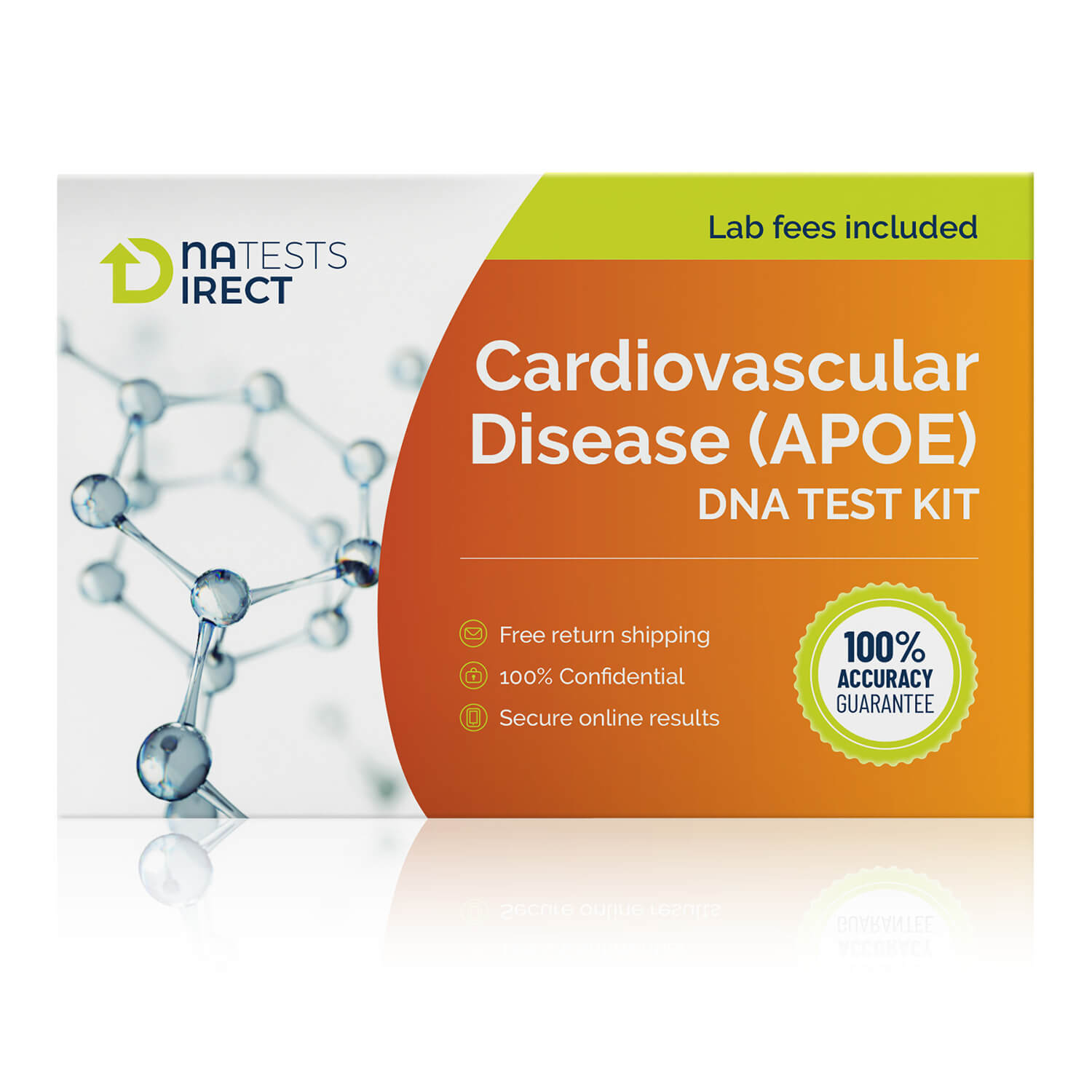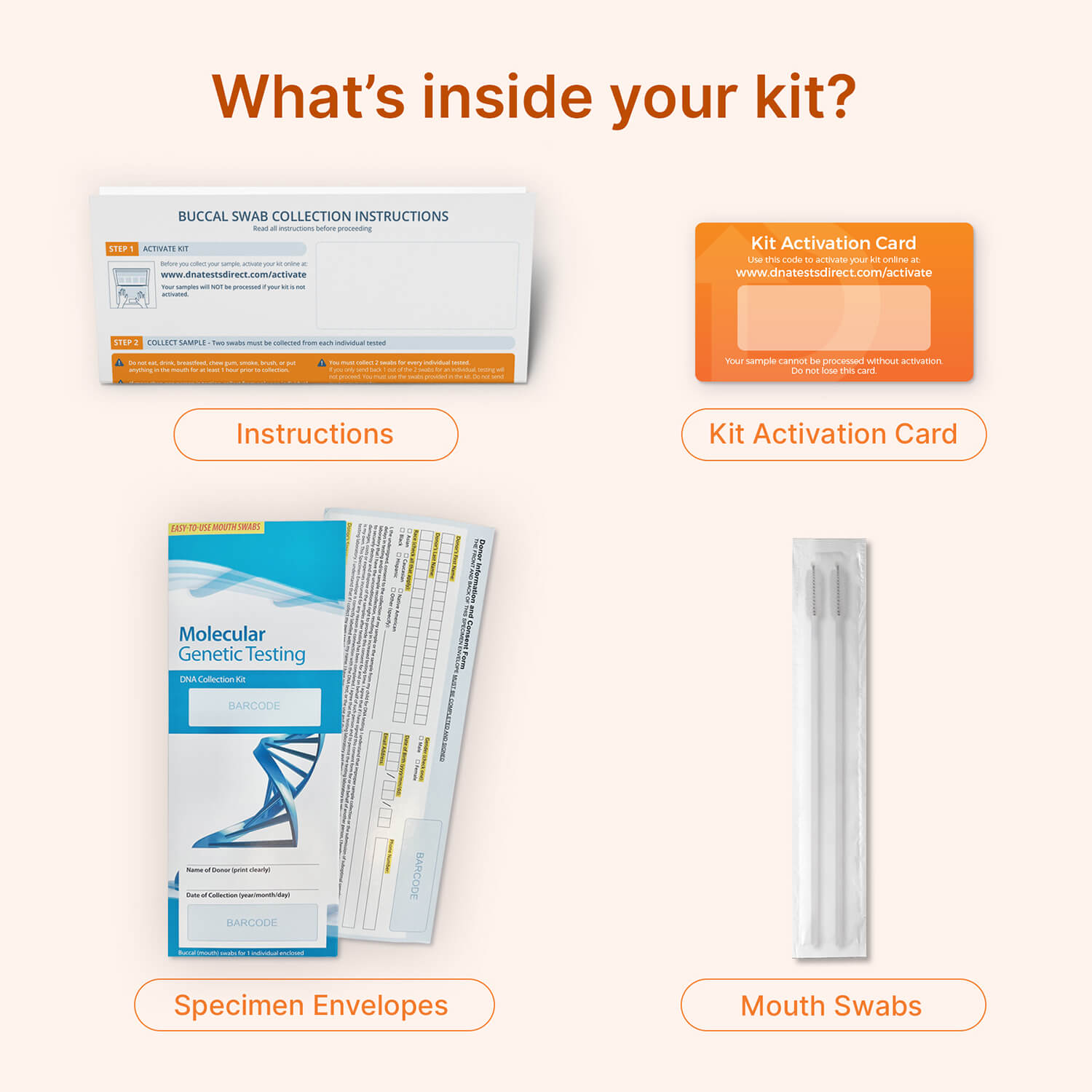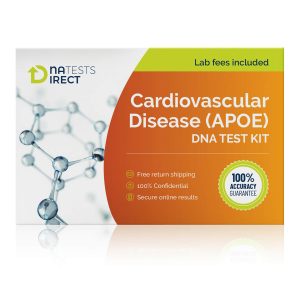 ApoE Cardiovascular Disease DNA Test
ApoE Cardiovascular Disease DNA TestApoE Cardiovascular Disease DNA Test
$195
Cardiovascular Disease: Decoding Your Genetic Risk
Discover your genetic risk for cardiovascular disease with our DNA ApoE Cardiovascular Disease Risk Test. This test analyzes your APOE gene to provide insights into your potential risk for developing heart disease.
- Online Results: Receive confidential results through a secure online portal, ensuring your privacy and peace of mind at every step.
- Painless Sampling: Collect your DNA samples with easy-to-use mouth swabs – no blood or needles required.
How It Works

Order

Send
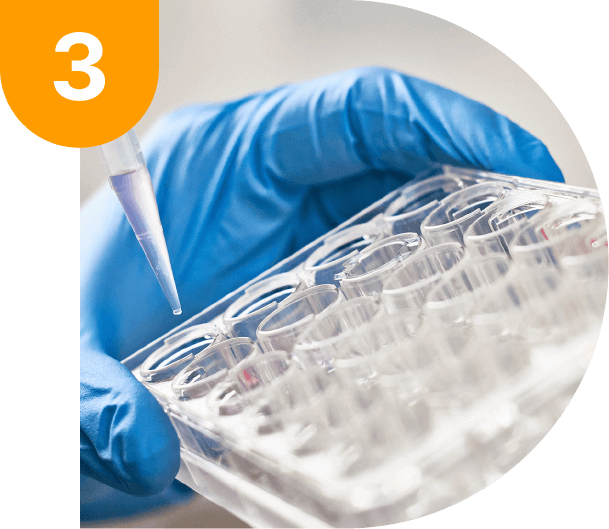
Receive your results

Results
What is Cardiovascular Disease?
Cardiovascular disease is a broad term for conditions affecting the heart and blood vessels. This includes coronary artery disease (narrowing of the arteries), heart attack, stroke, and high blood pressure. These conditions often develop due to atherosclerosis, a buildup of plaque (cholesterol, fat, and other substances) in the arteries.
A leading cause of death worldwide, its development is influenced by a complex interplay of genetic and environmental factors. One key player in this intricate process is the apolipoprotein E (APOE) gene.
APOE plays a crucial role in lipid metabolism, regulating the transportation and distribution of cholesterol and other lipids in the body. Cholesterol buildup in the arteries can lead to atherosclerosis, a condition that increases the risk of heart attacks and strokes.
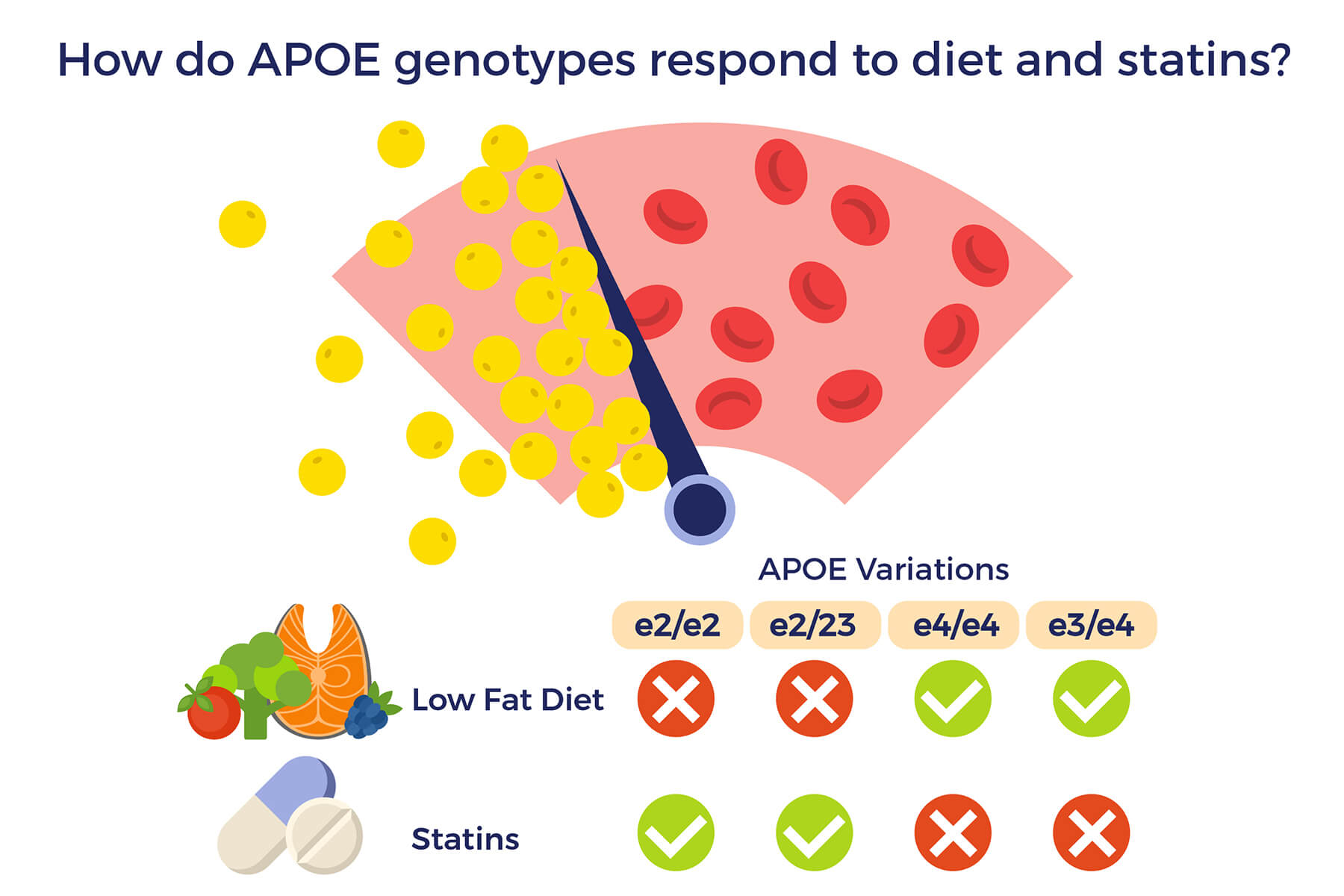
APOE and Cardiovascular Disease
The APOE gene provides instructions for a protein that helps manage cholesterol levels in your body. Different versions of this gene (called alleles – e2, e3, and e4) can affect how efficiently your body handles cholesterol.
- e2: This allele is associated with lower LDL cholesterol and generally a lower risk of CVD. However, having two copies (e2/e2) slightly increases the risk of a rare condition called hyperlipoproteinemia type III, which can also contribute to CVD.
- e3: This is the most common allele and is considered neutral, meaning it doesn’t significantly impact your CVD risk.
- e4: This allele is linked to higher LDL cholesterol and a greater risk of developing CVD, especially if you have two copies (e4/e4).
Understanding Your Results
Your DNA Cardiovascular Disease Risk (ApoE) Test looks for specific variants in the APOE gene that are linked to cardiovascular disease. Knowing these variants can help you understand your risk and take preventive measures.
Here’s a breakdown of the variants that the test looks for:
| Gene | Variants | Description |
|---|---|---|
| APOE | e3/e3 | Homozygous e3/e3: This genotype does not increase the risk of cardiovascular disease. It is considered neutral, and individuals are likely to respond well to statins if required to lower blood cholesterol. |
| APOE | e2/e3 | Heterozygous e2/e3: This genotype does not increase the risk of cardiovascular disease. It is considered neutral, and individuals are likely to respond well to statins if required to lower blood cholesterol. |
| APOE | e2/e2 | Homozygous e2/e2: This genotype is associated with a slightly increased risk for hyperlipoproteinemia type III, which can lead to early-onset cardiovascular disease. A diet low in sugar and carbohydrates is recommended, while response to a low-fat diet may be less favorable. |
| APOE | e3/e4 | Heterozygous e3/e4: This genotype is associated with an increased risk of elevated LDL-cholesterol and atherosclerosis, leading to a higher risk of cardiovascular disease. Individuals may not respond well to statins but will likely benefit from a low-fat diet. |
| APOE | e2/e4 | Heterozygous e2/e4: This genotype does not appear to contribute to an increased lifetime risk of developing cardiovascular disease. The e2 allele is thought to neutralize the increased risk associated with the e4 allele. |
| APOE | e4/e4 | Homozygous e4/e4: This genotype is associated with a significantly increased risk of elevated LDL-cholesterol and atherosclerosis, leading to a higher risk of cardiovascular disease. Individuals are not likely to respond well to statins but will likely benefit from a low-fat diet. |
It’s important to note that the APOE genotype is just one factor influencing CVD risk. Other genetic and lifestyle factors, such as diet, exercise, and smoking, also play a significant role. Discussing your results with a healthcare provider can help you understand your overall CVD risk and develop a personalized prevention plan.
Frequently Asked Questions
Once your sample is received by our laboratory, processing usually takes 6-8 weeks. You will receive an email notification when your results are ready, and you can access your detailed report through a secure online portal.
We take data privacy seriously. Your results are confidential and only shared with you. We do not share your results with insurance companies, employers, or any other third parties.
Why DNA Tests Direct?
Accredited Excellence
Your Privacy, Protected
Expert Support
Related Test Kits
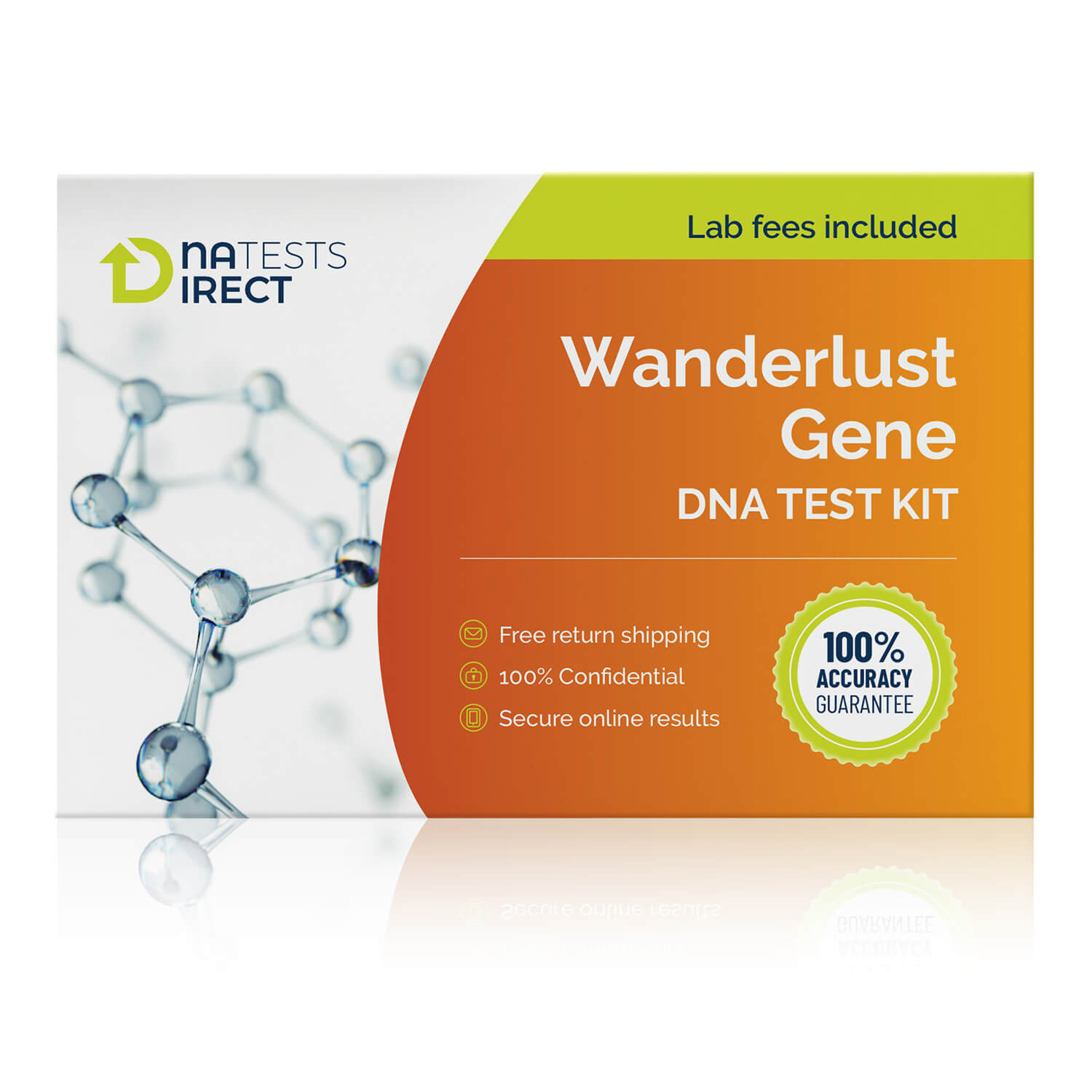
$149
Discover if you have the “wanderlust gene” with our at-home DNA test, which examines the DRD4 gene to determine if you have a variant associated with a love of travel and adventure.
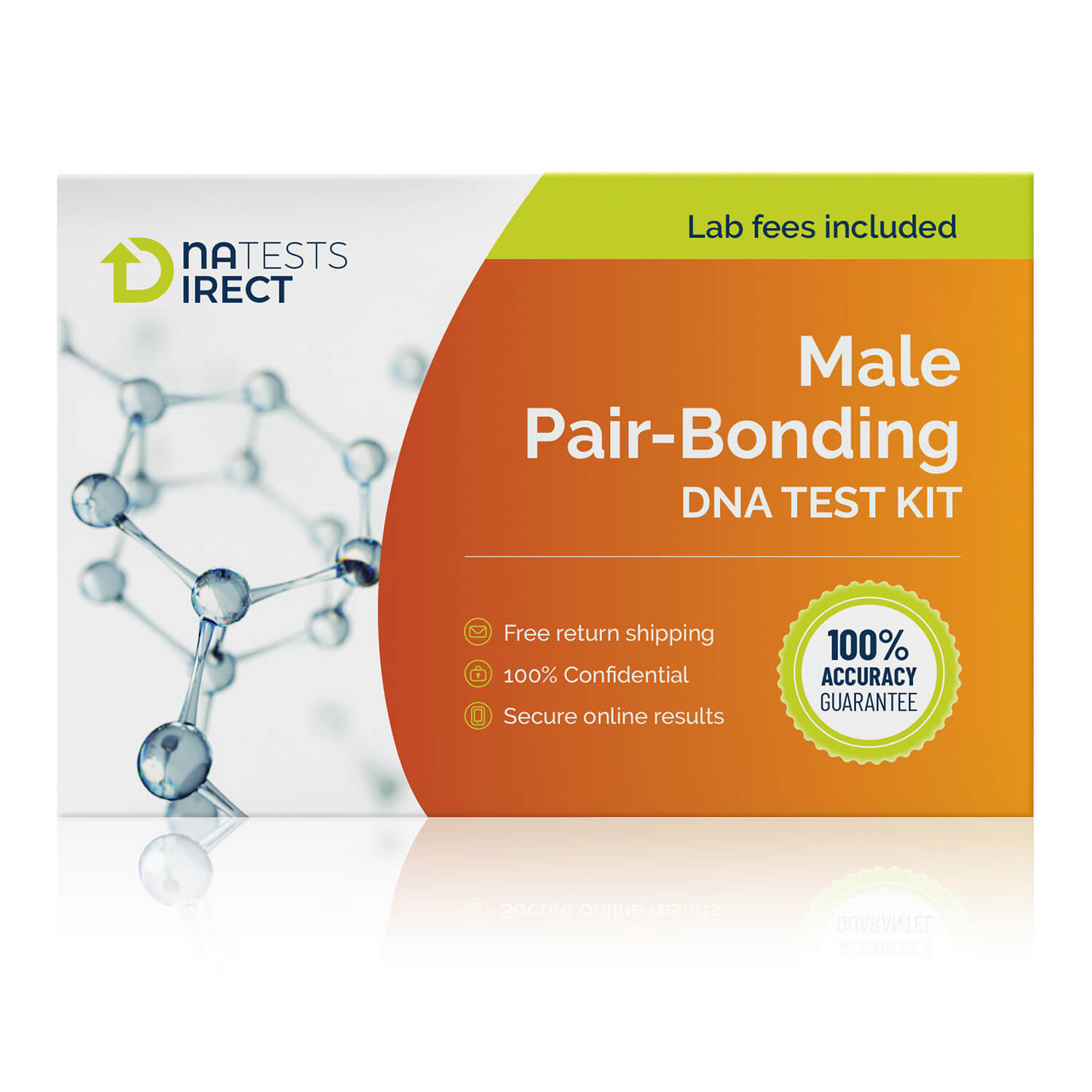
$149
Is it your genes that prevent you from making that long-term commitment to your partner? Find out if your fear of commitment is due to your genes.
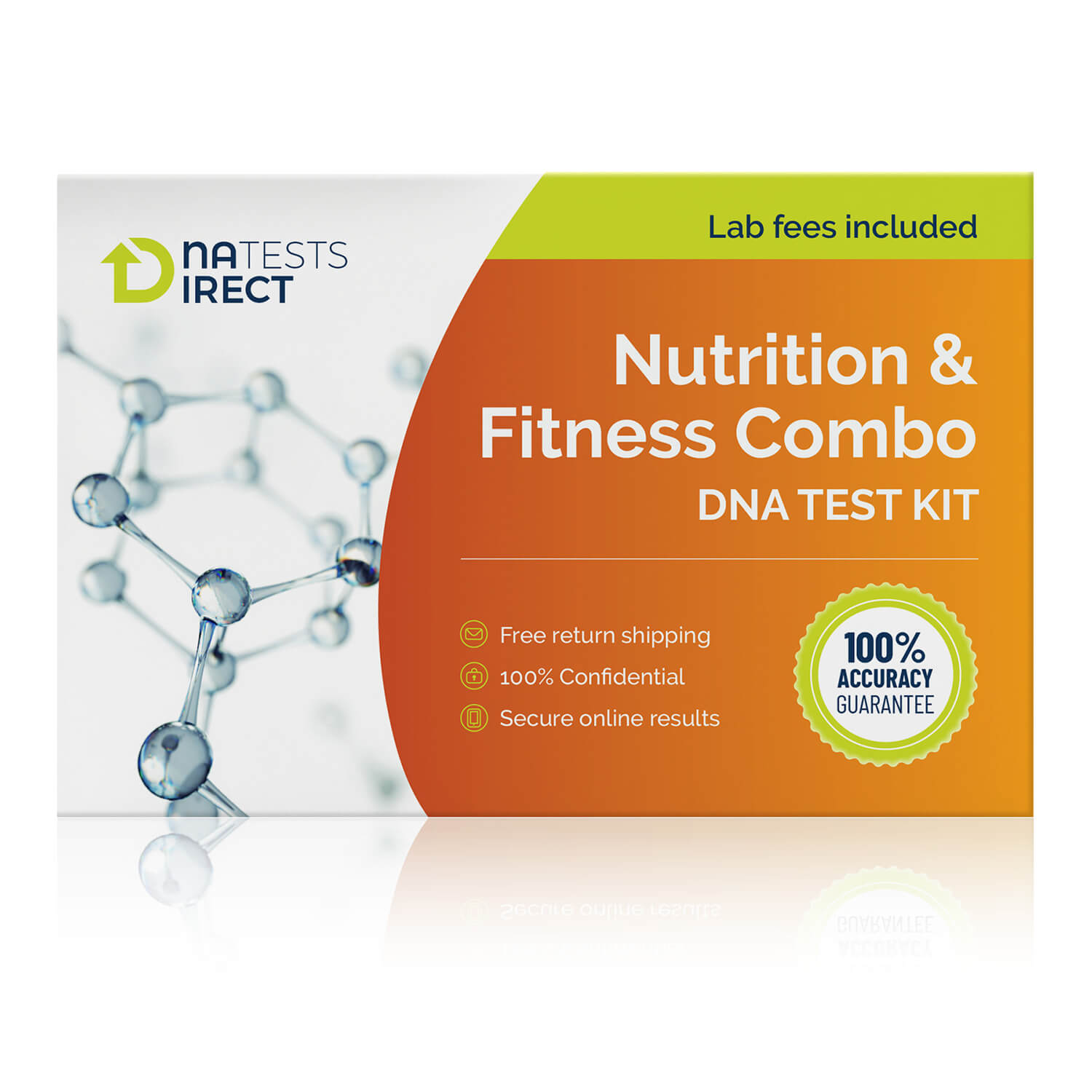
$498
Unlock your genetic potential for a healthier lifestyle with our comprehensive DNA Diet & Fitness 3 Test Combo. This bundle combines three powerful tests – Nutrition, Fitness, and Weight Loss – to provide a complete picture of how your unique DNA influences your overall health and wellness.
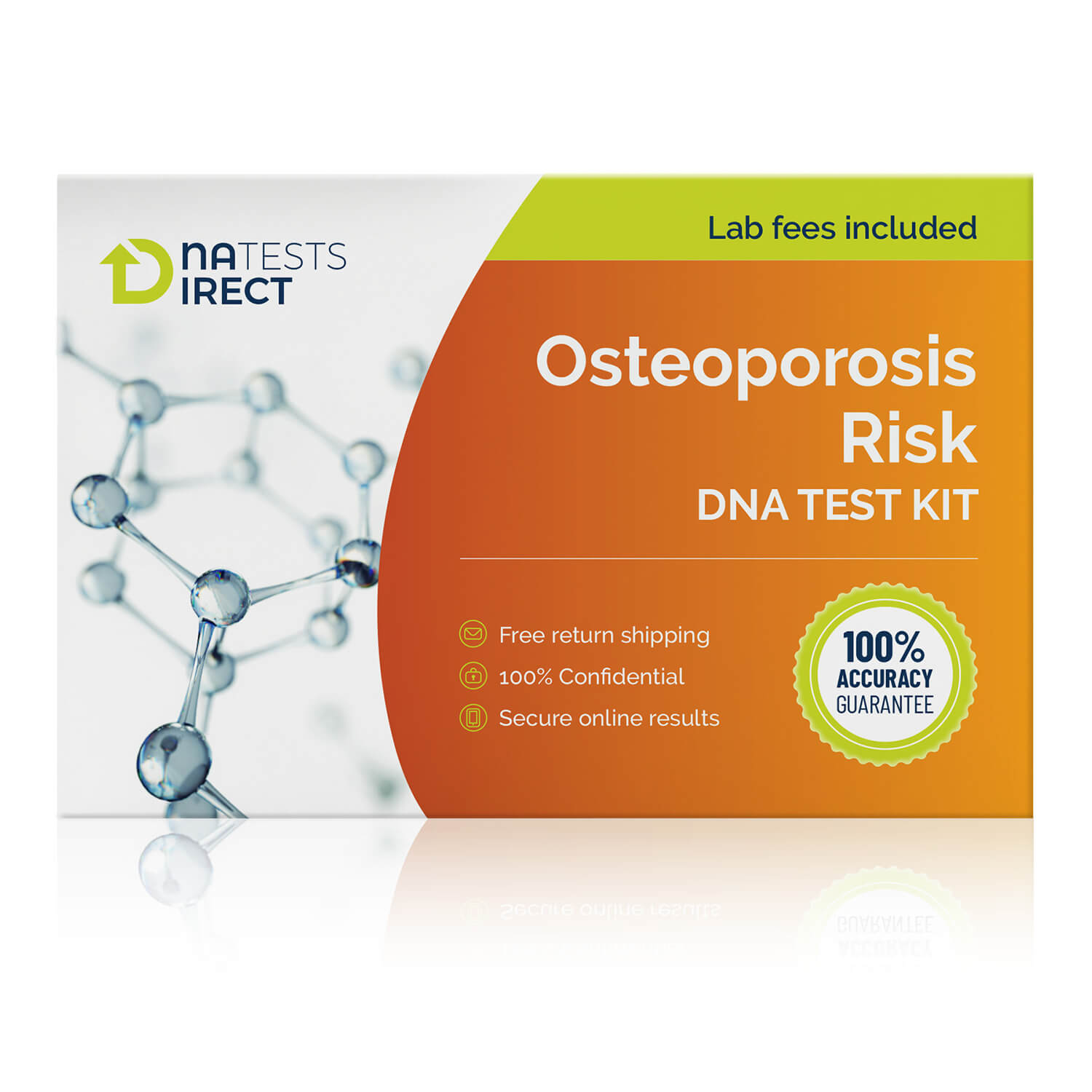
$195
Your genes play a role in your bone health and risk of osteoporosis. Find out if you are at increased risk, so you can make lifestyle changes today to improve your bone strength.
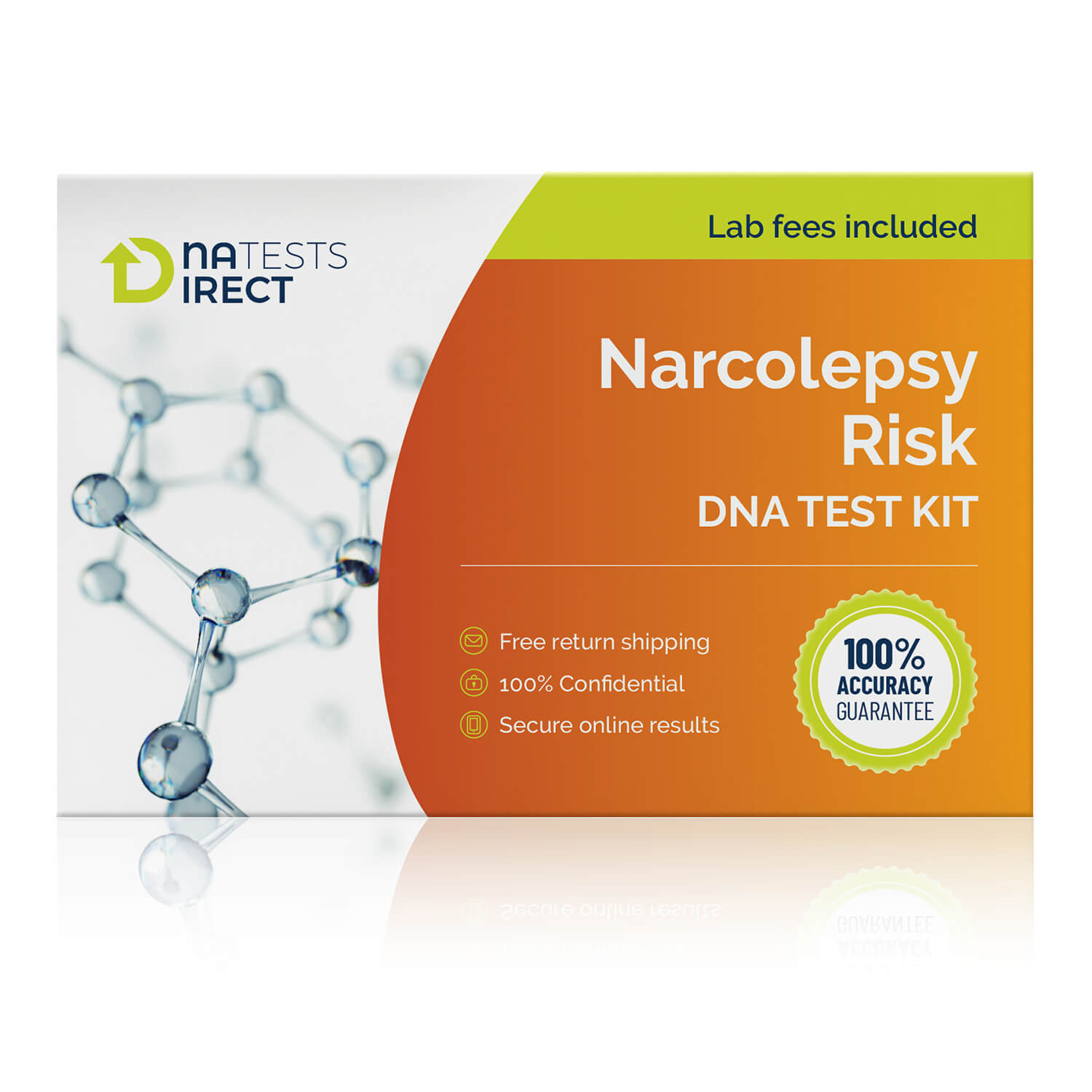
$195
Could your extreme sleepiness be due to narcolepsy? See if you carry the genetic variant associated with an increased risk of narcolepsy.
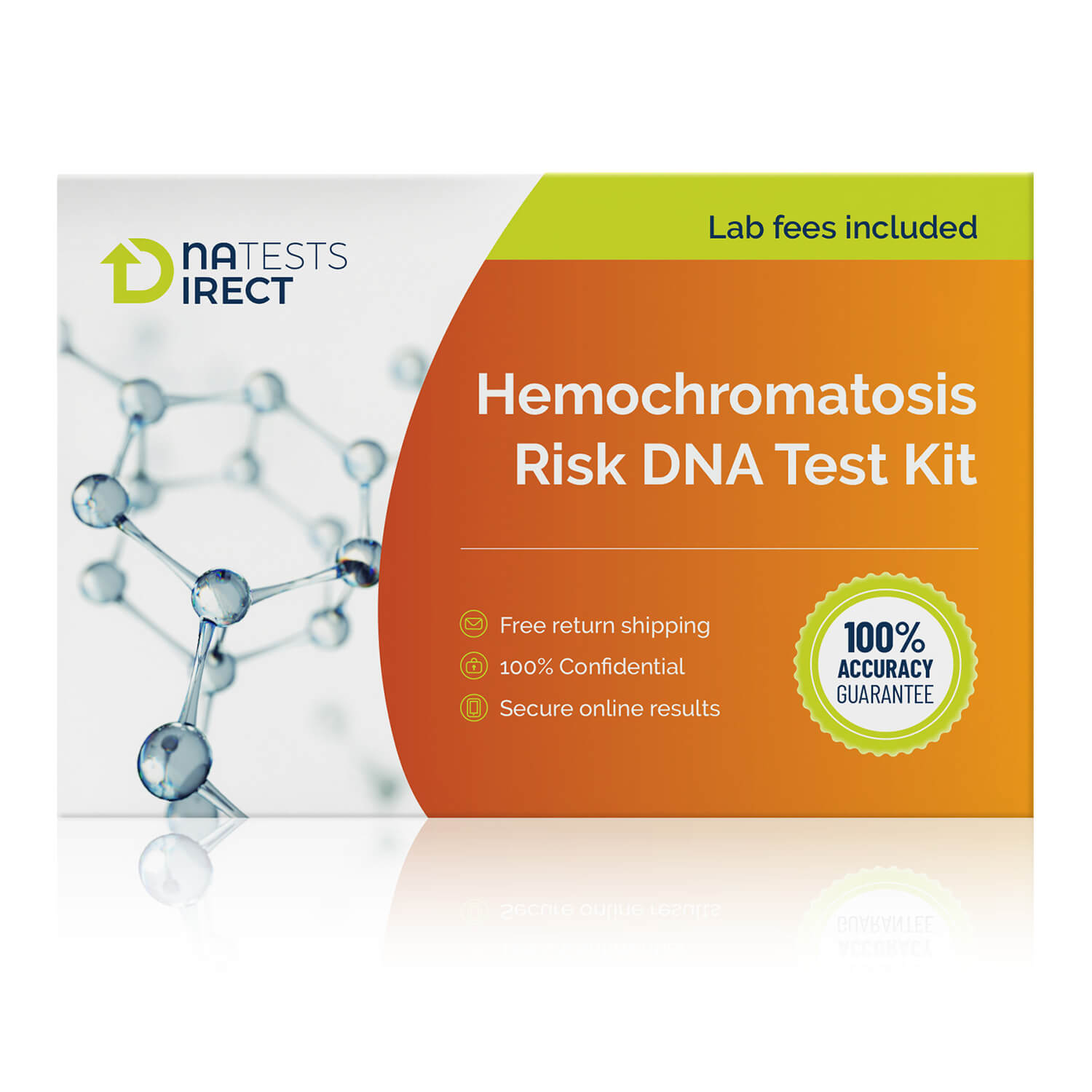
$195
Discover if you are at risk of developing hereditary hemochromatosis with this simple, at-home DNA test. This test detects three mutations in the HFE gene, which account for approximately 85% cases of hereditary hemochromatosis.
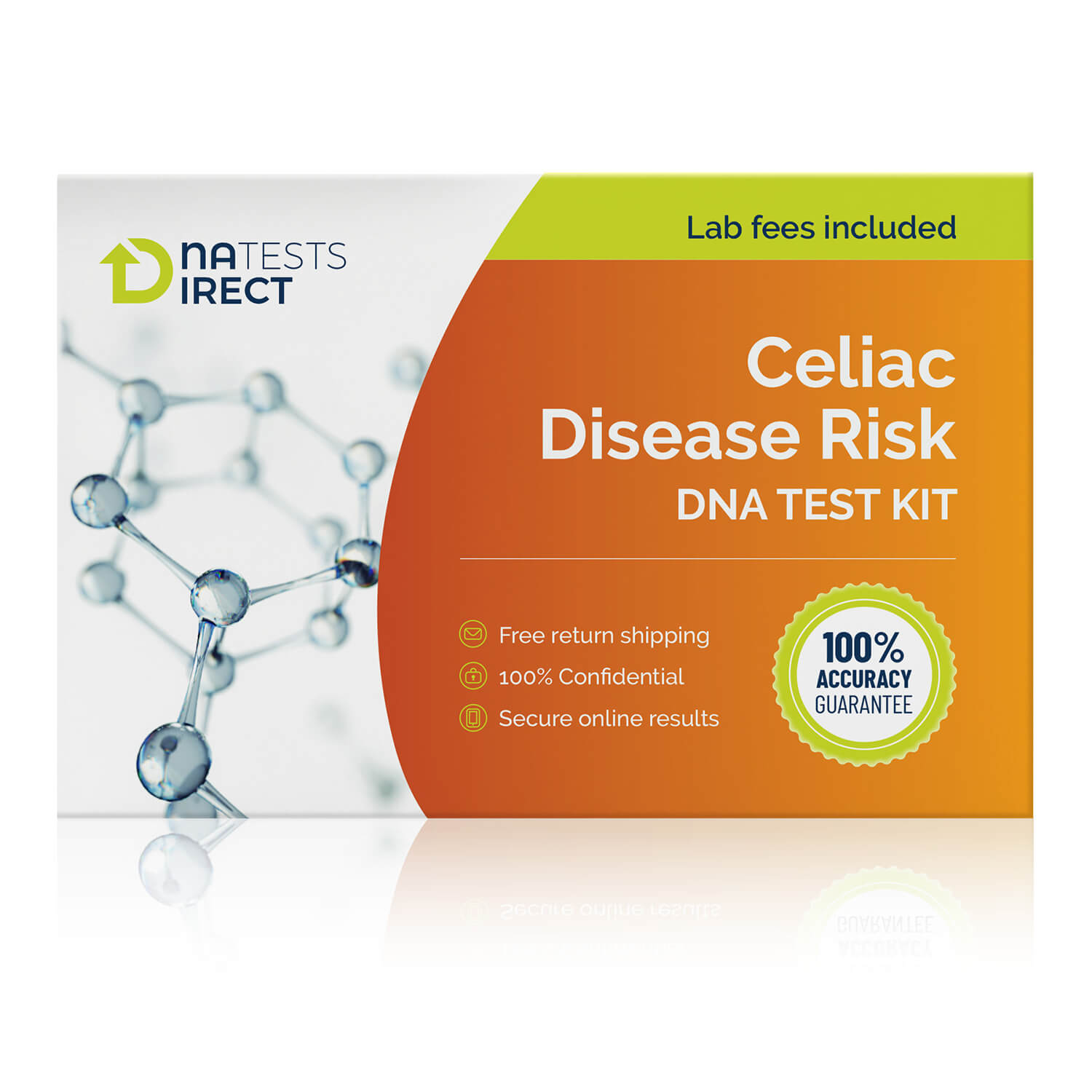
$249
Discover your genetic risk for Celiac Disease. This simple DNA test provides insights into your gluten sensitivity from the comfort of your home.
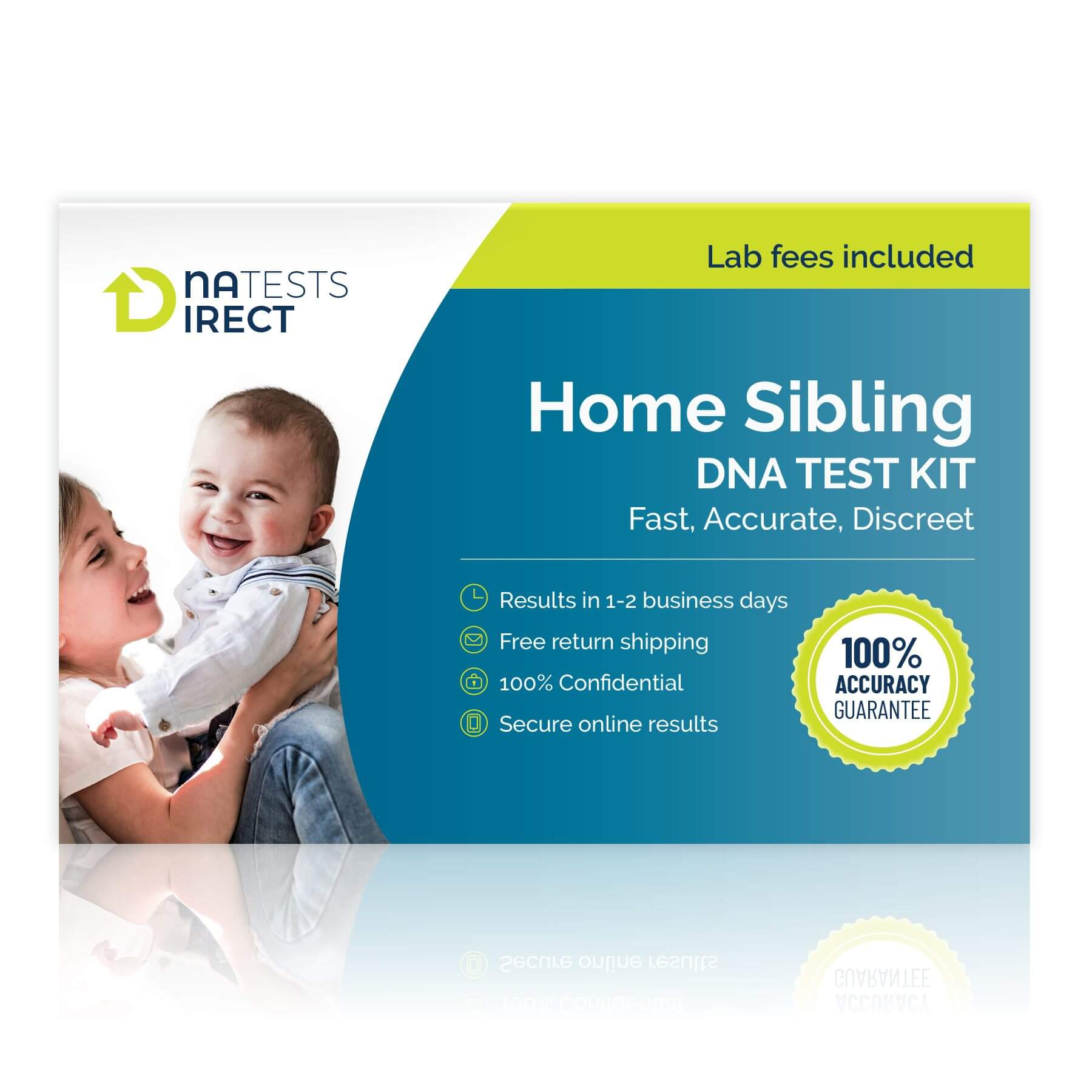
$149 $271
Easily determine the likelihood of two people being full siblings, half siblings, or not siblings at all.

